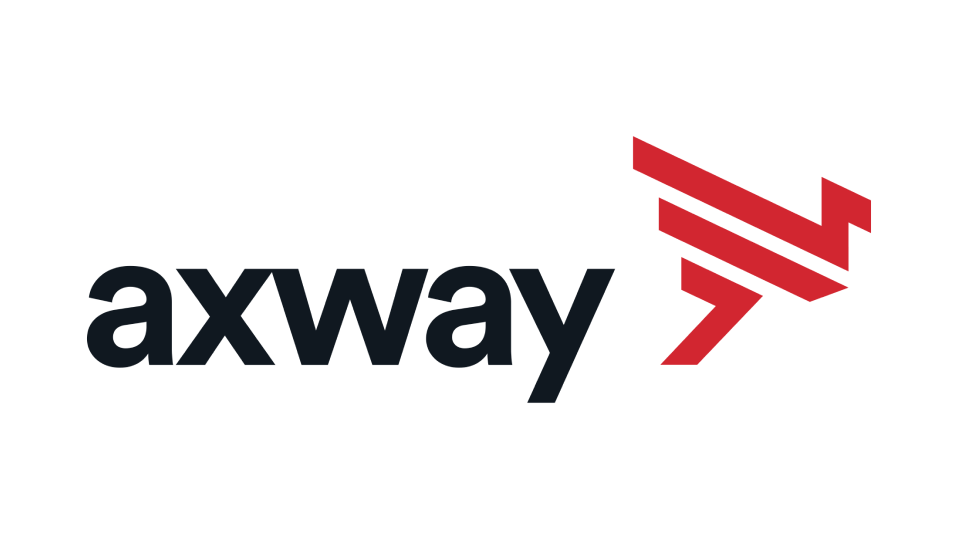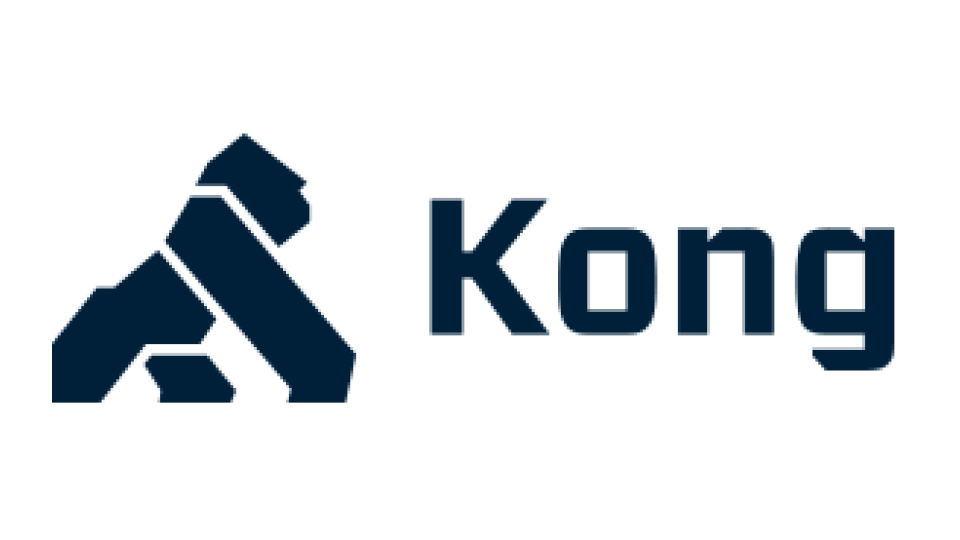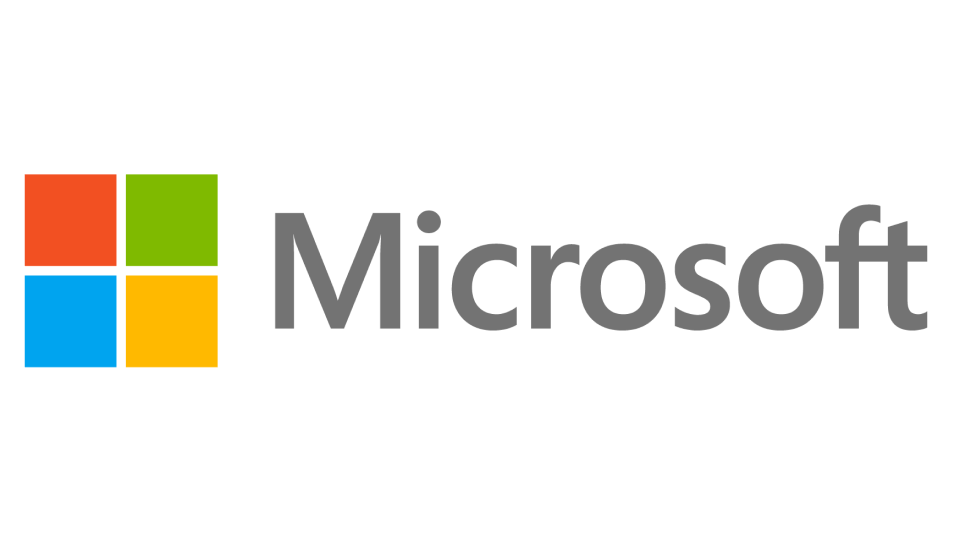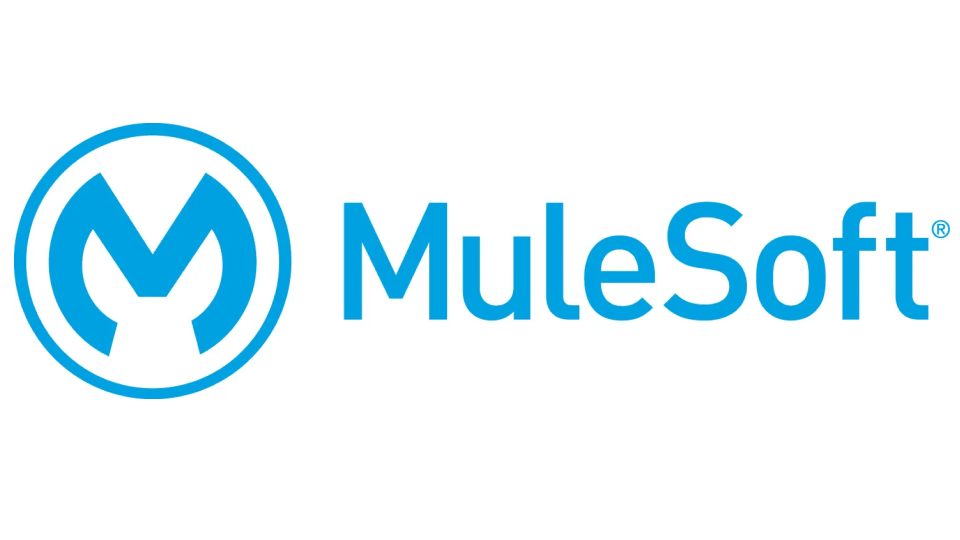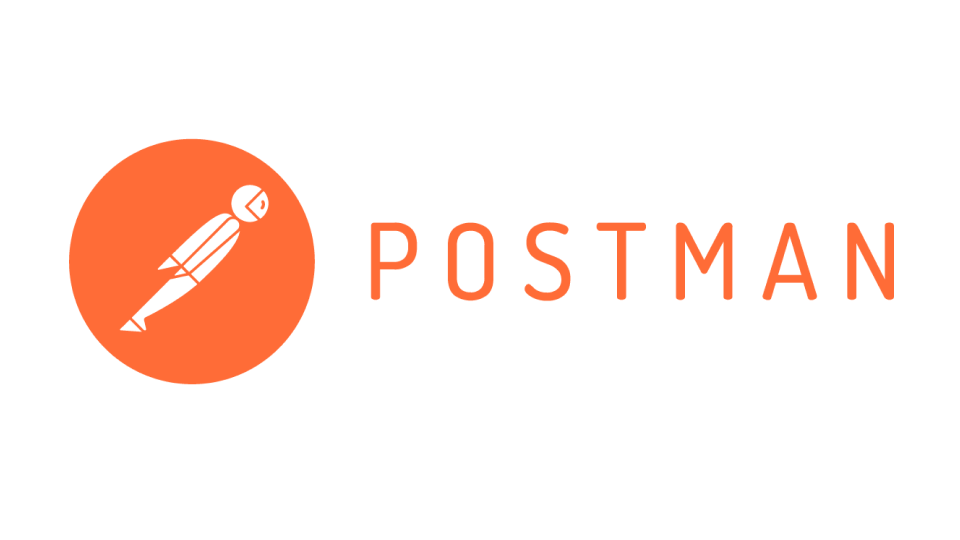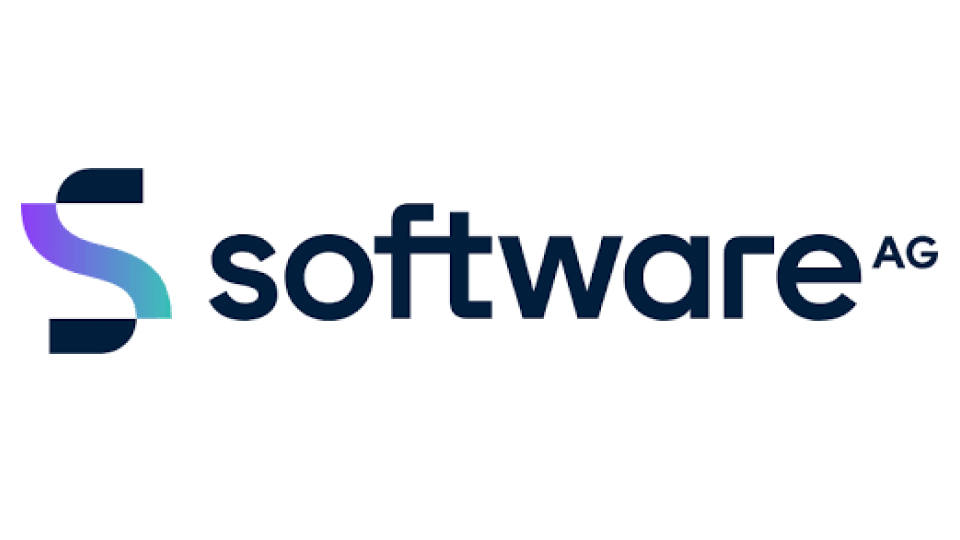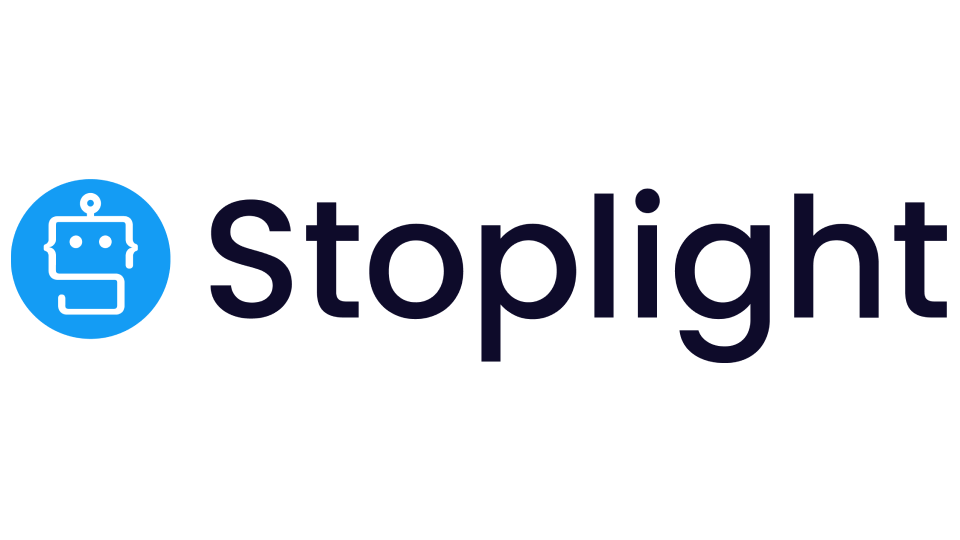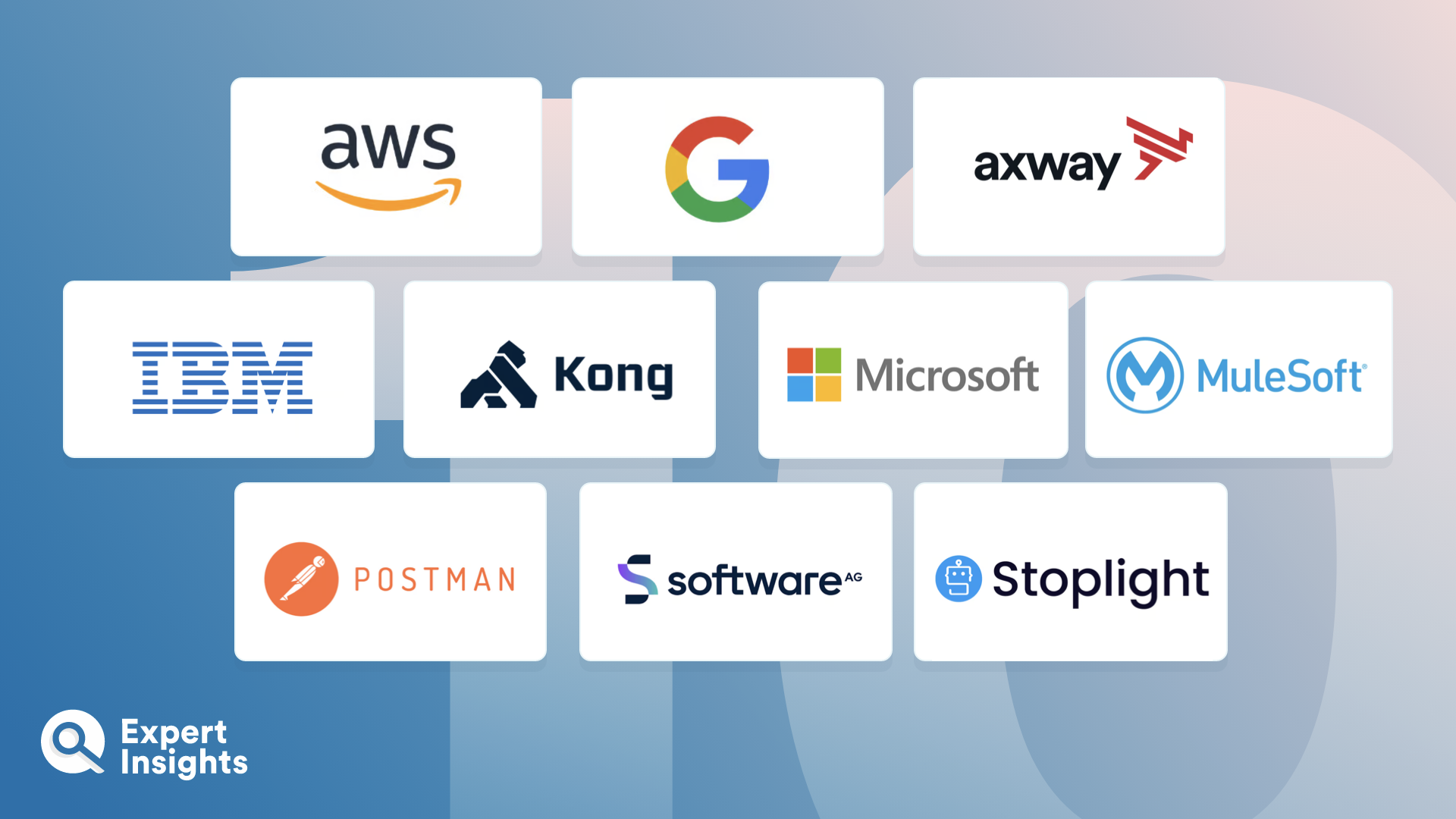API management tools are software solutions that enable developers to create, deploy, monitor, and maintain their Application Programming Interfaces (APIs), to enable seamless communication and integration between different applications, services, and systems. They deliver a centralized platform for managing the lifecycle of each API, from development and testing to deployment and retirement. They also play a crucial role in ensuring the security and reliability of APIs.
There are multiple benefits to implementing an API management tool. They streamline the process of API development and deployment, reducing time-to-market and accelerating digital transformation initiatives. By providing a unified platform for managing APIs, these tools also improve collaboration between development teams. They enhance security by implementing authentication, authorization, and encryption mechanisms, and they improve scalability and reliability by handling API traffic, caching responses, and implementing rate limiting policies, ensuring optimal performance even under high loads.
To achieve this, API management tools include an API gateway, which acts as a mediator between API consumers and providers, controlling access, enforcing security policies, and managing traffic. The best API management tools also offer capabilities for API documentation and versioning, allowing developers to easily understand and work with APIs, as well as keep track of changes and updates. They should also provide analytics and monitoring features to track API usage, performance, and health in real-time, enabling organizations to optimize their APIs and proactively identify potential issues or bottlenecks.
In this article, we’ll explore the top API management tools designed to help you create and maintain APIs. We’ll highlight the key use cases and features of each solution, including API gateway functionality, developer portals, API lifecycle management, monitoring and analytics, and in-built security functionality.





